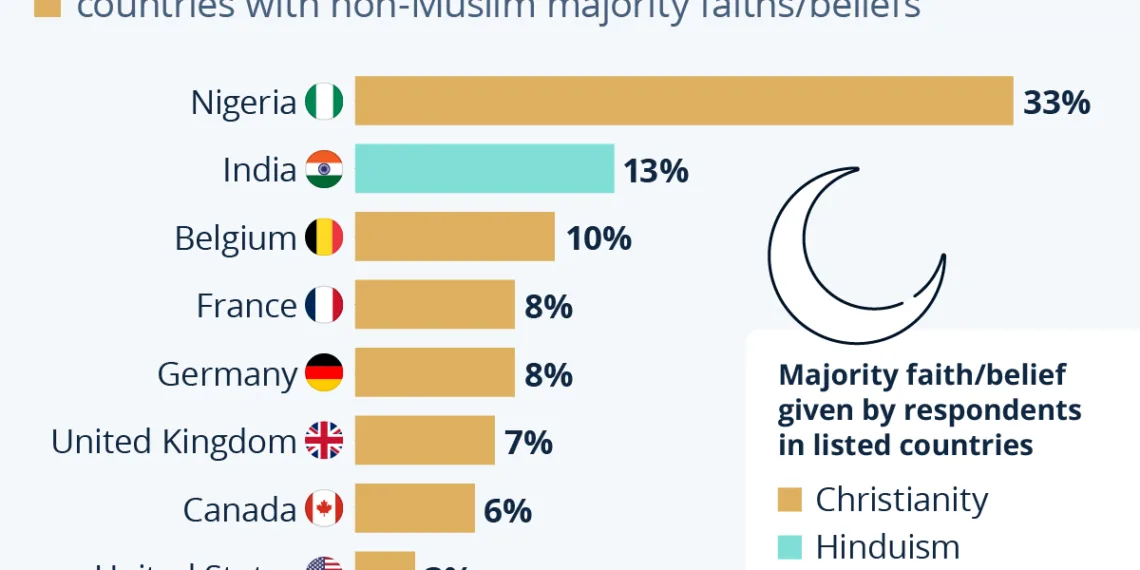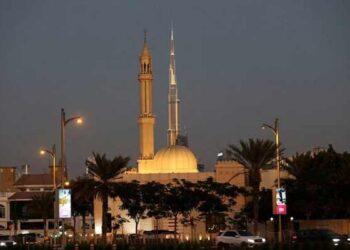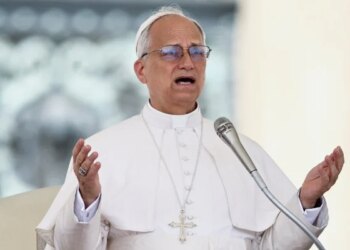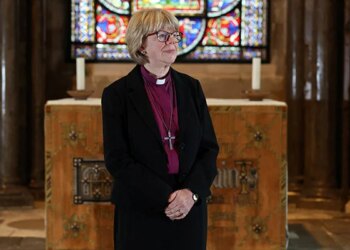Select Language:
Understanding Ramadan and Its Global Significance
The Spiritual Essence of Ramadan
Ramadan, the ninth month of the Islamic lunar calendar, holds profound spiritual significance for Muslims worldwide. It is a time of fasting, prayer, reflection, and community. During this sacred month, Muslims fast from dawn until sunset, engaging in daily prayers and seeking closeness to God. The pre-dawn meal, known as suhūr, prepares them for the day of fasting, while the iftar meal at sunset signifies the end of the daily fast, often enjoyed in community settings.
The Observance of Ramadan Globally
This year, Ramadan is observed from February 28 to March 29, impacting nearly 25 percent of the global population, which equates to around 2 billion people. While the observance of Ramadan is deeply rooted in the cultural practices of predominantly Muslim nations, the experiences of Muslim minorities across the globe during this holy month can vary significantly.
Diversity of Muslim Minority Communities
The Presence of Muslim Minorities Worldwide
Muslim minorities exist in various countries, and the size and visibility of these communities differ widely. The Statista Consumer Insights data provides valuable insights into these populations. For instance, in Nigeria, approximately 33 percent of people identify as Muslim. In stark contrast, the United States has only about 3 percent of the population practicing Islam, where Christianity remains the dominant faith.
Challenges Faced by Muslim Minorities
Muslim minorities often face unique challenges, especially during Ramadan. Misconceptions and a general lack of awareness can lead to alienation from broader society. Many members of these communities may encounter misunderstandings regarding their practices, which can create feelings of isolation during what is meant to be a communal and joyous time.
Cultural Practices and Adaptations
Ramadan Traditions Across Different Cultures
The way Ramadan is celebrated can vary greatly across different cultures, influenced by local traditions, customs, and the availability of resources. In countries with large Muslim populations, the observance may include grand communal iftars, nightly prayers at mosques, and charity events aimed at helping those in need.
Unique Observations in Minority Contexts
For Muslim minorities, the observance of Ramadan might take on different forms due to the surrounding cultural environment. The lack of recognition or fewer public resources can mean that these communities adapt their practices to align with their local contexts. For instance, communal iftars may take place in homes rather than larger public venues. Additionally, the unique challenges faced by these communities can necessitate a creative approach to maintaining their traditions while fostering understanding and acceptance in multicultural societies.
Misconceptions Surrounding Ramadan
Addressing Stereotypes and Myths
As Ramadan approaches, misconceptions about fasting, its purpose, and the beliefs of Muslims can surface. Misunderstandings can lead to stereotypes that alienate Muslims, particularly those in minority demographics. Education plays a crucial role in bridging gaps in knowledge and promoting empathy.
Promoting Awareness and Education
Efforts to increase awareness about the significance of Ramadan can foster inclusivity. Community outreach, educational programs, and dialogue can help demystify the practices of fasting and prayer, highlighting the values of compassion and community service that are central to Ramadan.
Conclusion
By advocating for understanding and acceptance, we can create a more inclusive environment for Muslim minorities, allowing them to observe Ramadan with the same spirit of community and joy that is experienced in predominantly Muslim countries. It is vital to appreciate the diverse manifestations of Ramadan and recognize the shared values of peace and compassion that underpin this sacred observance globally.







